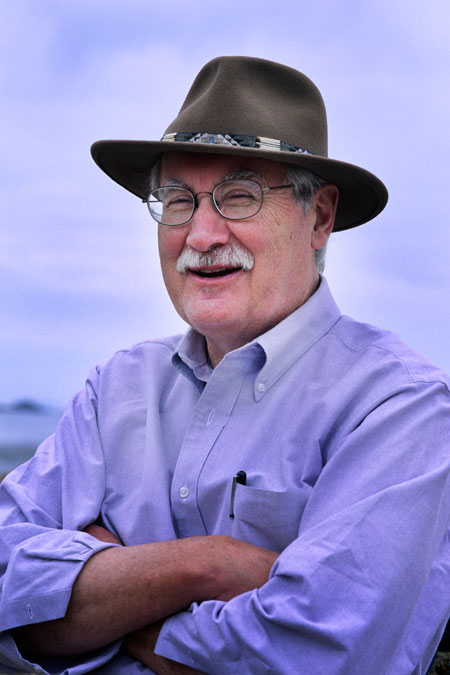
American Forests Science Advisory Board member Dr. Jerry F. Franklin is a professor of ecosystem analysis at the College of Forest Resources, University of Washington. He has been called the “father of new forestry” and is one of the country’s leading authorities on sustainable forest management and maintaining healthy forest ecosystems.
Why did you choose to go into forest ecology?
I decided that I wanted to go into forestry when I was nine years old, but it wasn’t until my first year in forestry school that I recognized that I was most interested in ecology.
What is the most surprising thing that you have learned or discovered?
I have had many, many epiphanies and continue to have them even after nearly 55 years as a professional forester, but one of the earliest and most important was recognizing the important role that trees continue to play in forest ecosystems after they are dead. They did not teach me that in forestry school!
What is your favorite aspect of your field?
The favorite aspect of being in this field is getting to spend a whole lot of time out in the woods!
Where was the most interesting and impactful place you were able to travel to in the name of science?
There are too many places that have been both interesting and impactful, including such far off locations as Tierra del Fuego. However, if I had to pick a single place that was most valuable in learning about forest ecosystems, it was H. J. Andrews Experimental Forest in the central Oregon Cascade Range.
If you weren’t a scientist, what would you be?
Probably the other thing that I am: a teacher.
What was the most difficult moment or encounter that you’ve experienced in pursuit of your work?
Most of the difficult moments have been related to resistance in the forestry profession to new ideas, such as the value that are provided by old-growth forests.
Where is your favorite spot to experience nature?
My favorite spot to experience nature is the Glacier Peak Wilderness in the northern Cascade Range of Washington.
What do you think the biggest issue facing forest health is today?
Having people understand the many sides of the forest health issue and the many interpretations that can be put on the term “forest health” itself. The production forester has a very different perspective on this than a forest-ecosystem scientist.